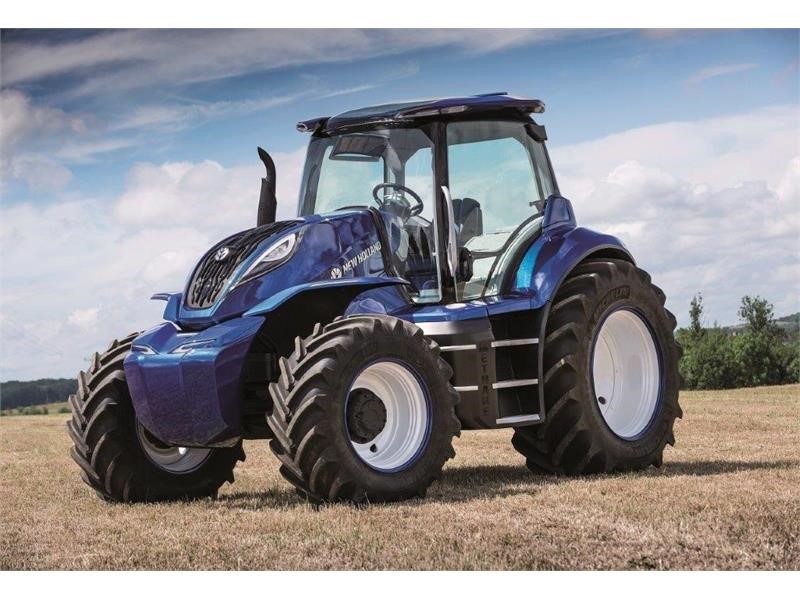
New Holland received the prestigious Good Design® Award for the Methane powered Concept Tractor from the Chicago Athenaeum: Museum of Architecture and Design and The European Centre for Architecture Art Design and Urban Studies
The Good Design® international jury panel of experts awarded the Methane Powered Concept Tractor, which pioneers alternative fuel technology in agriculture. The Methane Powered Concept Tractor was one of the product designs selected by the jury from a record number of submissions from the world’s leading manufacturers and industrial and graphic design firms from over 47 countries. As a winner of the award, the Methane Powered Concept Tractor will feature in the Good Design Yearbook for 2018-2019.
Carlo Lambro, New Holland Brand President, commented: “This prestigious award recognises New Holland’s innovative and pioneering approach to futuristic design: the use of technologically advanced materials to enhance the operating environment, the ultimate visibility of the fully glazed cab, the ergonomic, intuitive and connected operation provide a glimpse into New Holland’s vision for the future of tractor design. The Methane Powered Concept Tractor pushes the boundaries of alternative fuel and agriculture technologies to deliver a cutting-edge solution for sustainable and efficient farming.”
New Holland’s Methane Powered Concept Tractor features ground-breaking efficient combustion technology specifically developed for agriculture applications. The 6-cylinder NEF methane engine delivers the same power and torque as its standard diesel equivalent, together with up to 30% running cost savings and around 50% reduction in drive-by-noise. In real field conditions, the methane powered concept tractor produces at least 10% lower CO2 emissions and reduces overall emissions by 80% compared to a standard diesel tractor. Its environmental performance further improves when fuelled by biomethane produced from crop residues and waste from farm-grown energy crops, which results in virtually zero CO2 emissions
